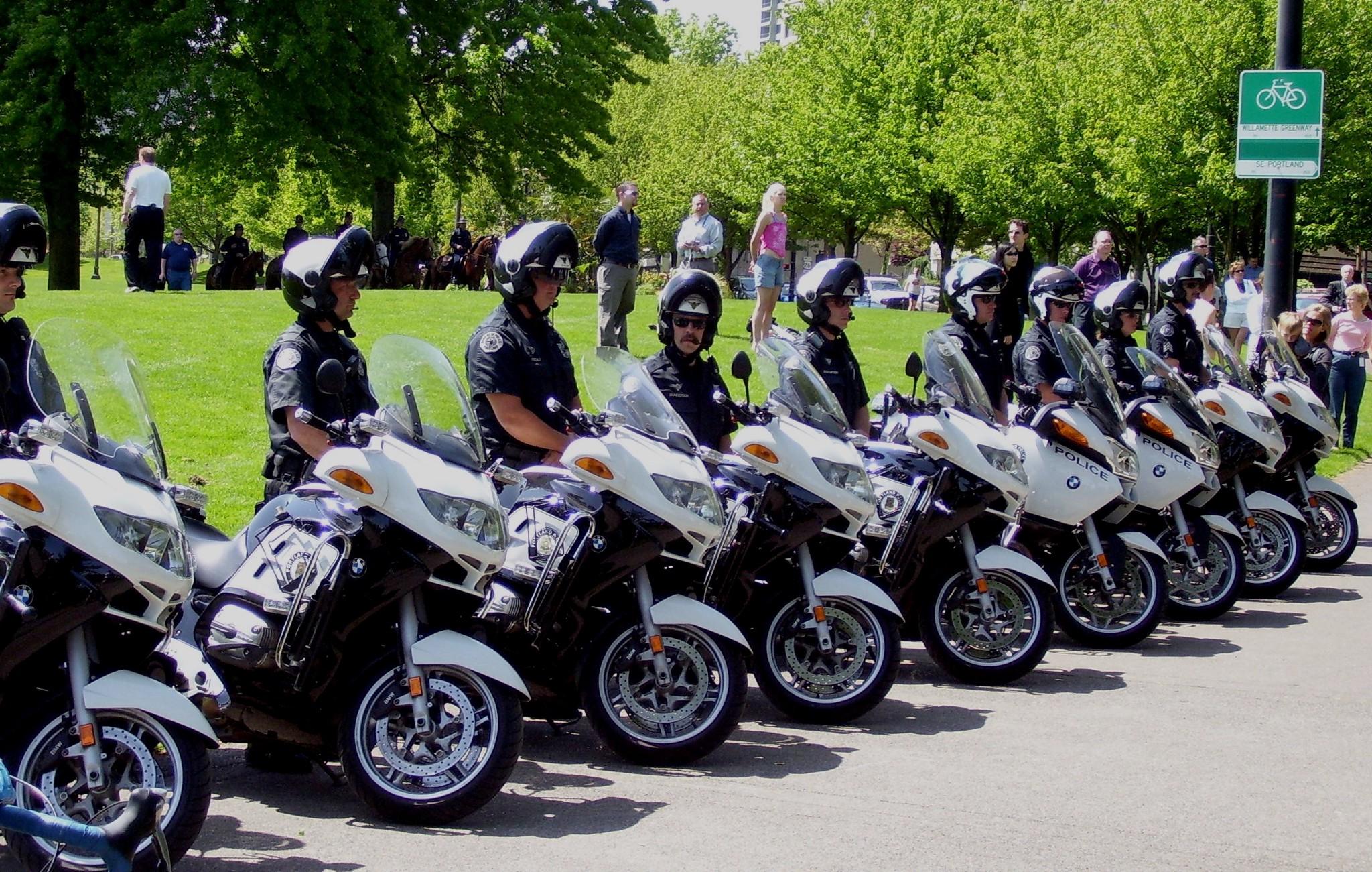Portland is saying goodbye to its controversial gang database
Police say the tool is outdated.

Like most major cities in the United States, Portland, Oregon has a long history of white supremacy and racially-biased policing. But the Portland Police Bureau (PPB) recently decided to gut one of the racist tools it has used to classify and target possible suspects for decades: the city’s controversial gang database. On Friday, the PPB announced that the database will be defunct as of October 15, and roughly 300 names will be “purged.”
“As times have changed, the Police Bureau in partnership with community members have realized being labeled a ‘gang member’ can have a negative impact on the person who may be making attempts to overcome the life challenges they face,” reads a PPB press statement.
“Today, new processes and technologies allow police to investigate crimes in a manner that our community supports and that will not have the unintended consequences of potentially harming those who may need services and help the most.”
According to the department, the database was originally created in response to increased gang activity over 20 years ago. At the time, it was envisioned as a mechanism to “decrease gun violence.” Officers also say the database can keep them safe by putting them on high alert if someone they have apprehended is identified as a possible gang member and, therefore, poses a threat.
According to the PPB’s operational definition, suspected gang affiliation includes anyone who “admits or asserts affiliation with a criminal gang to the police,” “participates in a criminal gang initiation ritual or ceremony,” “conspires to commit,” “or commits a crime” on behalf of a gang or to signal membership. A person can also be considered an affiliate if they engage in these activities with the intention of targeting victims based on “race, color, religion, sexual preference, national origin or gang association.”
In reality, the database has been used to label people using loose connections to gang members and other arbitrary indicators of possible gang affiliation. A person can also be considered a gang affiliate if they exhibit two or more “signs” identified by the PPB, such as wearing certain clothes or jewelry, bearing a certain tattoo, or taking a photo with gang members. According to an investigative series by the Oregonian, most people are added to the list because of their appearance or conduct that has nothing to do with a “gang-related crime.” In other words, racial profiling feeds the database, even though suspects haven’t been arrested, charged, or convicted for actual gang activity.
The news organization reported that 64 percent of the 359 people flagged in the database in August 2016 were Black. Altogether, racial and ethnic minorities make up 81 percent. Many Portland residents who oppose the use of the database view it as a questionable surveillance mechanism.
Missing from the list was a white supremacist Jeremy Christian, who met many of the gang affiliation criteria. Christian habitually harassed people of color, had a criminal record, and threatened law enforcement at least once, but none of this was enough for cops to include him in their records. In May, he wound up killing two people. Christian’s absence from the database showed just how hypocritical and racially-charged the tool is.
The decision to delete the database was made due to community pressure. But Capt. Mike Krantz reiterated that the PPB still sees criminal gang activity as a concern. The department’s Gang Enforcement Team will still be in effect, investigating stabbings and shootings, the Oregonian reports. Still, police say they want to be in dialogue with the community moving forward.
“People from our community who engage in violent crime and those who do so on behalf of a criminal organization will continue to be a focus of enforcement efforts of the Police Bureau,” the PPB said. “While enforcement and adjudication is an important component of stopping violence, providing meaningful services, community outreach, and relationship building is equally important.”
